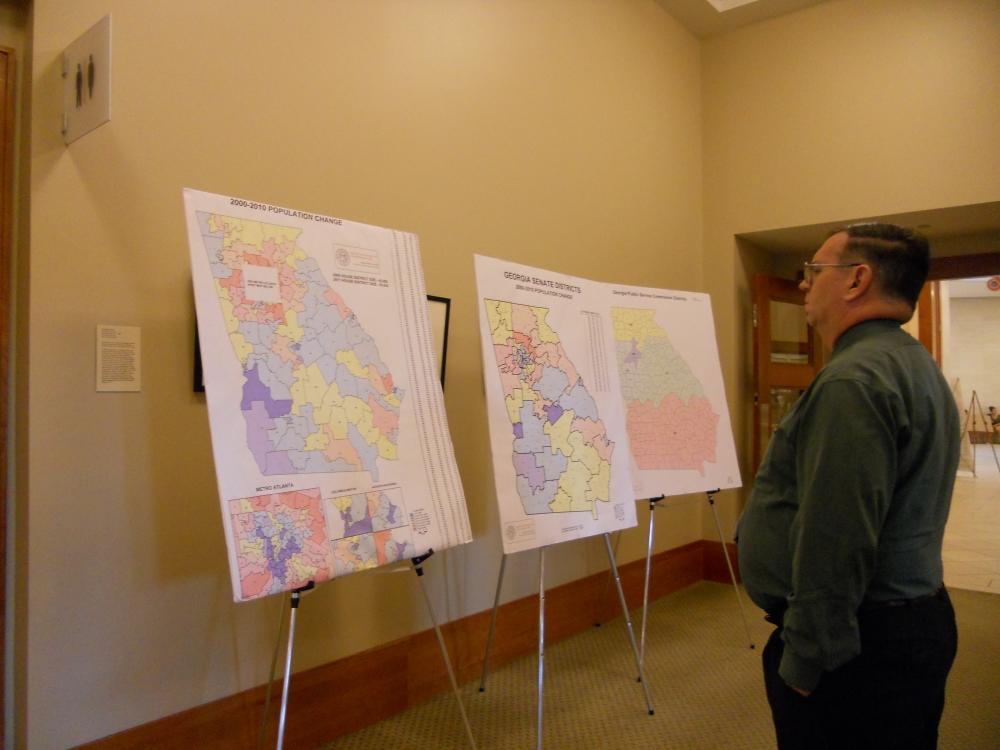
Section Branding
Header Content
Voting Rights Review Could Impact Georgia
Primary Content

The U.S. Supreme Court will rule next year whether some states including Georgia still need federal oversight of how they conduct elections. The case concerns the Voting Rights Act, which protects minority voters by monitoring election map changes in some states.
Under the federal law, Georgia and other Southern states with a history of racial bias follow special voting procedures.
And that’s what officials in Shelby County, Ala. are challenging. They argue minority voters now have equal access both to the polls and political office.
State Sen. Jason Carter, an Atlanta Democrat and lawyer, has argued cases involving the Act. He says it’s a fundamental part of American election law. But he says politicians have undermined it and as such he's ambivalent about its fate.
“If what we have is a Voting Rights Act as it was applied by the Republican majority in Georgia, for example, to become a tool of establishing districts where Black people vote for Black people and White people vote for White people, then it has changed so much as to be unrecognizable,” he said.
He said minority voters have successfully built multi-cultural coalitions in Georgia that have helped them elect the candidates of their choice. But he says the case is unfortunate because it shows how the high court views the power of the federal government.
Georgia Attorney General Sam Olens says the injustices the law sought to cure have largely dissipated. And he says federal approval of the state’s election maps last year shows that. He challenged part of the law, known as section 5, last year when he submitted the maps. He says section 2 already provides ample voter protections.
“Sometimes election officials around our country make decisions that hurt minorities and Section 2 is the appropriate vehicle to go to court to make sure minority’ rights are protected,” he said.
Olens also argues that the law holds Georgia to a different standard, and that's wrong.
“The purpose of the Shelby County case is to say: End Section 5, which treats nine states differently than the other 41," he said. "If the other 41 think Section 5 is such a great law, they should be subject to it also.”
Originally passed in 1965, the measure has been renewed by Congress several times, most recently in 2006.
Tags: U.S. Supreme Court, Voting Rights Act, Jason Carter, Sam Olens, redistricting, election maps
